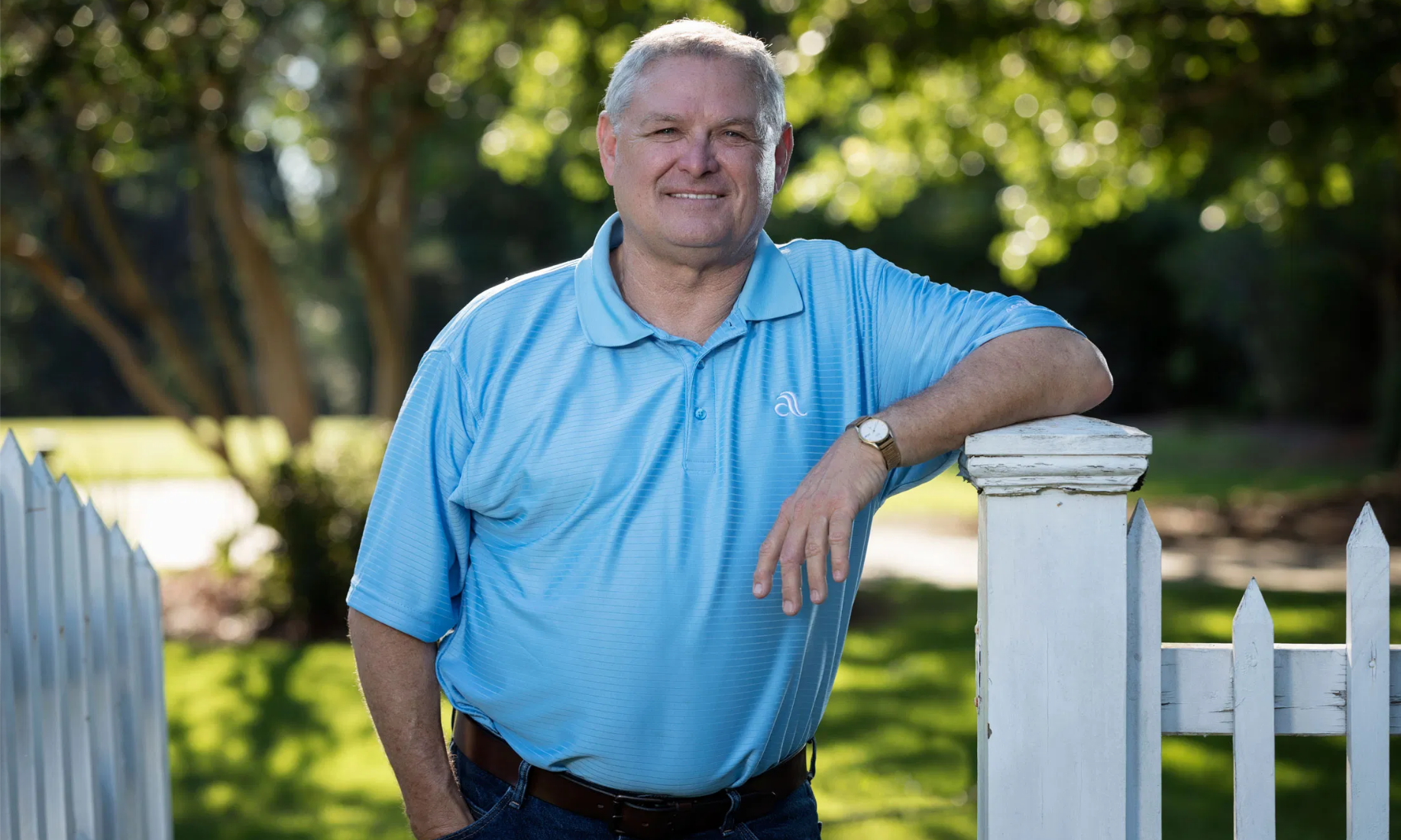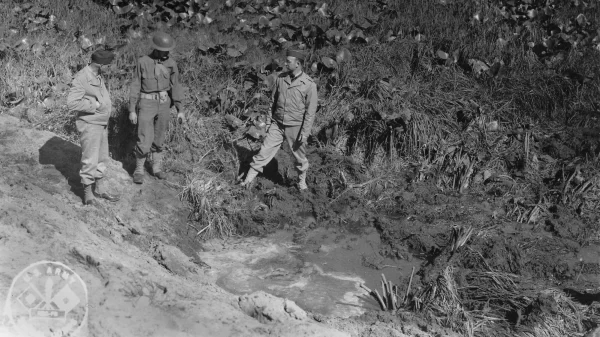Former Democratic Governor John Patterson died at his home in Goldville in Tallapoosa County. Patterson was governor from 1959 to 1963. Patterson was born in Goldville in 1921.
Alabama Attorney General Steve Marshall announced Patterson’s passing on Twitter: “Alabama mourns the loss of former Governor and Attorney General John Patterson who passed away at age 99. Patterson served with distinction and made his mark fighting crime and corruption.”
Patterson defeated George C. Wallace in the 1958 Democratic primary. At that time the Democratic primary was the de facto gubernatorial race. The Alabama Constitution at the time prevented governor’s from running for a second consecutive term in 1962. Wallace was elected to succeed Patterson.
Patterson was the youngest governor in Alabama history, entering office at just age 37. He entered into prominence in 1954 when his father and law partner Albert Patterson was assassinated. The senior Patterson had just won the Democratic primary to be Alabama attorney general vowing to clean up Phenix City, where he lived and which at the time was dominated by organized crime. The mob responded to Albert Patterson’s de facto election by having him killed. The younger Patterson then replaced his father as the Democratic nominee and won the office of AG in the 1954 election.
Richard Kiley played Patterson in the 1955 movie that was made about the 1954 campaign, the Phenix City Story.
As attorney general, Patterson opposed the Civil Rights Movement, going so far as to have the NAACP banned in the state and he turned that staunch segregationist platform into a successful gubernatorial campaign in 1958. The Alabama Ku Klux Klan and most White Citizens Councils in the state endorsed Patterson and his segregationist platform vowing that he would close Alabama’s public schools if a federal court ordered them desegregated.
As governor, Patterson continued his outspoken opposition to Civil Rights. The centennial celebration of the Confederacy, held during Patterson’s term, was a major state celebration under Patterson’s leadership. Despite the opposition to civil rights, Patterson was very progressive by Alabama standards with more money going to education and roads.
Patterson attempted a political comeback in 1966, but lost the Democratic primary to incumbent Gov. George Wallace’s wife, Lurleen Wallace. George Wallace, like Patterson four years earlier, was prevented from running for re-election due to the ban on consecutive gubernatorial terms then in the Alabama Constitution. Patterson had divorced his first wife in 1945 and while governor it was exposed that he was having an extramarital affair with Tina Sawyer, a mother of two. His opponents successfully exploited the moral issue in that 1966 campaign and Patterson got just 3.5 percent of the vote in a ten candidate field.
Patterson ran for chief justice of the Alabama Supreme Court in 1972, but was defeated by Howell Heflin. Patterson taught government at Troy State University for many years. Patterson divorced his second wife and married Sawyer in 1975.
In 1984, his former rival Gov. George Wallace appointed Patterson to fill a vacancy on the Alabama Court of Criminal Appeals. Patterson would be elected and reelected in that role in which he would serve until his retirement in 1997.
In 2003, Patterson was appointed chief justice of a special Alabama Supreme Court that ultimately voted to removed Chief Justice Roy Moore from the state’s highest court.
Patterson joined the U.S. Army in 1939 at age 18, Patterson served in North Africa, Sicily, Italy, Southern France, and Germany including service on Gen. Dwight D. Eisenhower’s staff. He left the Army in 1945 as a Major. After his World War II service, he went to the University of Alabama and University of Alabama School of Law. In 1951, he was recalled back into active duty for the Korean War. Patterson left the Army in 1953 and went into private practice with his father in Phenix City.
Late in life Patterson apologized for his opposition to civil rights. Patterson explained his 1950s stance many years later.
“When I became governor, there were 14 of us running for governor that time and all 14 of us were outspoken for segregation in the public schools. … And if you had been perceived not to have been strong for that, you would not have won,” Patterson said. “I regret that, but there was not anything I could do about it but to live with it.”
In 2008, he endorsed Barack Obama for president of the United States, who would go on to be elected the first Black president.



















































